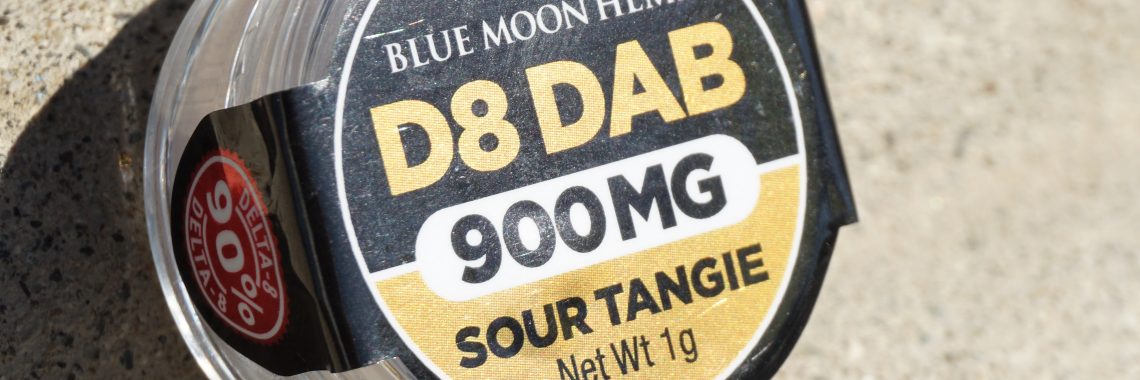Committee Passes Two Good Bills to Clarify State Laws Regarding Paid Petition Canvassers, Deceptive Ballot Measures

On Wednesday the House State Agencies Committee passed two good bills that would help clarify state law concerning paid petition canvassers and deceptive ballot measures.
The Arkansas Constitution lets canvassers circulate petitions to place measures on a general election ballot. Its original intent was to give citizens a way to function as a “legislative body.” Unfortunately, powerful special interests have used the initiative process to put flawed, misleading, and deceptive measures on the ballot in Arkansas.
Two good bills passed in committee on Wednesday would help address this problem.
H.B. 1713 by Rep. Ryan Rose (R — Van Buren) and Sen. Mark Johnson (R — Little Rock) requires ballot initiative titles to be written at or below an eighth grade reading level.
A ballot title is supposed to accurately summarize a measure so voters can decide if they support or oppose it.
H.B. 1713 is similar to legislation enacted in other states to help make sure ballot titles are easy for voters to read and understand. This will help address deceptive or misleading ballot initiatives in Arkansas.
H.B. 1714 by Rep. Ryan Rose (R — Van Buren) and Sen. Kim Hammer (R — Benton) clarifies the definition of a “paid canvasser” in state law.
Current law says that anyone who receives anything of value in return for soliciting signatures on a petition is a paid canvasser. Paid canvassers are subject to certain laws that do not apply to volunteer canvassers.
H.B. 1714 further clarifies that receiving anything of value includes receiving payment for items like food, lodging, travel, bonuses, fees, gift cards, and other payments associated with obtaining signatures on a petition. This will help bring better clarity to state law.
Arkansas’ ballot initiative process has become the opposite of what it was intended to be, and if lawmakers do not act soon, the problem is simply going to get worse.
H.B. 1713 and H.B. 1714 are two good bills that will help improve Arkansas’ ballot initiative process.
Below is part of Family Council President Jerry Cox’s testimony in support of H.B. 1713.
Articles appearing on this website are written with the aid of Family Council’s researchers and writers.





